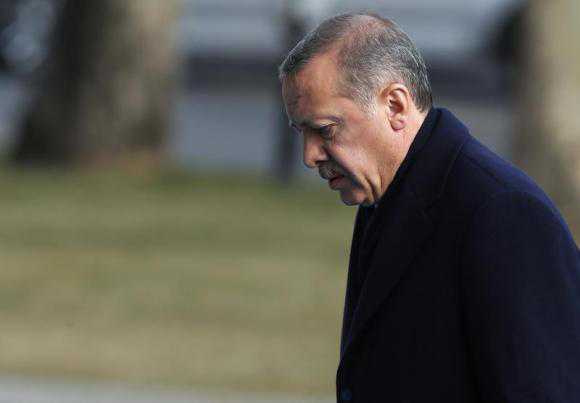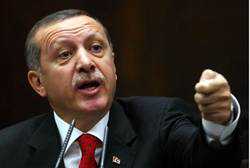As a Christian American studying international law half way across the world in Turkey, I’m constantly confronted with the question of Huntington’s “Clash of Civilizations.”
Huntington told us that people’s cultural and religious identities are the primary source of conflict in our era. On a macro level, it is about an inevitable clash between Western and Islamic civilization. On a micro level, it is about an inevitable clash between Christian-Americans and Muslims. My challenge to this theory is: come follow me around Istanbul for a day.
Huntington took a black marker and drew a harsh line between civilizations, linking Western identity to progressive values and Islamic identity to traditional values. Huntington said Turkey was living on a “fault line” because it has been torn between Islamic roots and “Westernization” since the 1920s. In the future, he said, Turkey must take a side and pick one of the civilizations it bridges together.
However, recent developments in Turkey have demonstrated that this division is a simplistic way to view the world. While Huntington’s theory gives the West a monopoly on progressive values, Turkey is more than 90 percent Muslim and has made more strides on human rights issues in the past 10 years than the United States. This includes, most notably, abolishing the death penalty and improving prison conditions. While Turkey still has a long way to go to satisfy international human rights law standards, it is Turkish Muslim advocates, not Westerners, who are demanding more progressive laws to reflect their own values. With Prime Minister Erdoğan recently declaring that Turkey could pave its own path without European Union membership, it looks like Turkey doesn’t wish to pick a side in the civilization clash.
One inspiring advocate fighting for Turkey’s progressive legacy is my International Human Rights Law professor. When I first heard my professor voice the all-consuming conviction she felt as an attorney at the European Court of Human Rights, I recognized myself in her. Sitting in that Turkish classroom, I was reminded of the burning feeling I got when I first learned about America’s serious human rights violations and my peers didn’t seem to care.
Catholicism and Islam both honor the value of human dignity, refusing to treat any human as a means to an end. Just as my passion for legal advocacy cannot be detached from my Jesuit Catholic upbringing, my professor’s passion is closely intertwined with Islam. Our interactions remind me of the greatest gift of interfaith dialogue: solidarity. When dealing with issues as morbid as execution and torture, the divider between complacency and conviction is the most important fault line for Christian and Muslim advocates alike.
When President Obama spoke to the Turkish parliament in 2009, newspapers read “Obama Declares An End to Clash of Civilizations.” In this era, a nation like Turkey doesn’t have to abandon Islam to progress as a democracy and realize human rights for its citizens. In the same way, a Catholic pre-law student does not have to suppress her religion to feel a sense of comradery with a Muslim lawyer fighting for human dignity.
Turkey and my experiences here re-affirm my hope that the differences between our religious identities will not overshadow the common convictions that bring us together.
Aubrey Rose is a prelaw and international relations student at American University. Right now, she is studying abroad in Istanbul, Turkey. In high school, she founded a local interfaith student organization with a Muslim friend in their hometown of Frederick, Maryland. Through conferences and leadership training, Interfaith Youth Core helped Aubrey promote cooperation between her Catholic church and a local mosque. Raised in a family with strong Catholic social justice values, Aubrey hopes to pursue law school and work for non-profits that promote criminal justice reform and an end to the death penalty.
via Aubrey Rose: Discovering Huntington’s Fallacy in Turkey.






